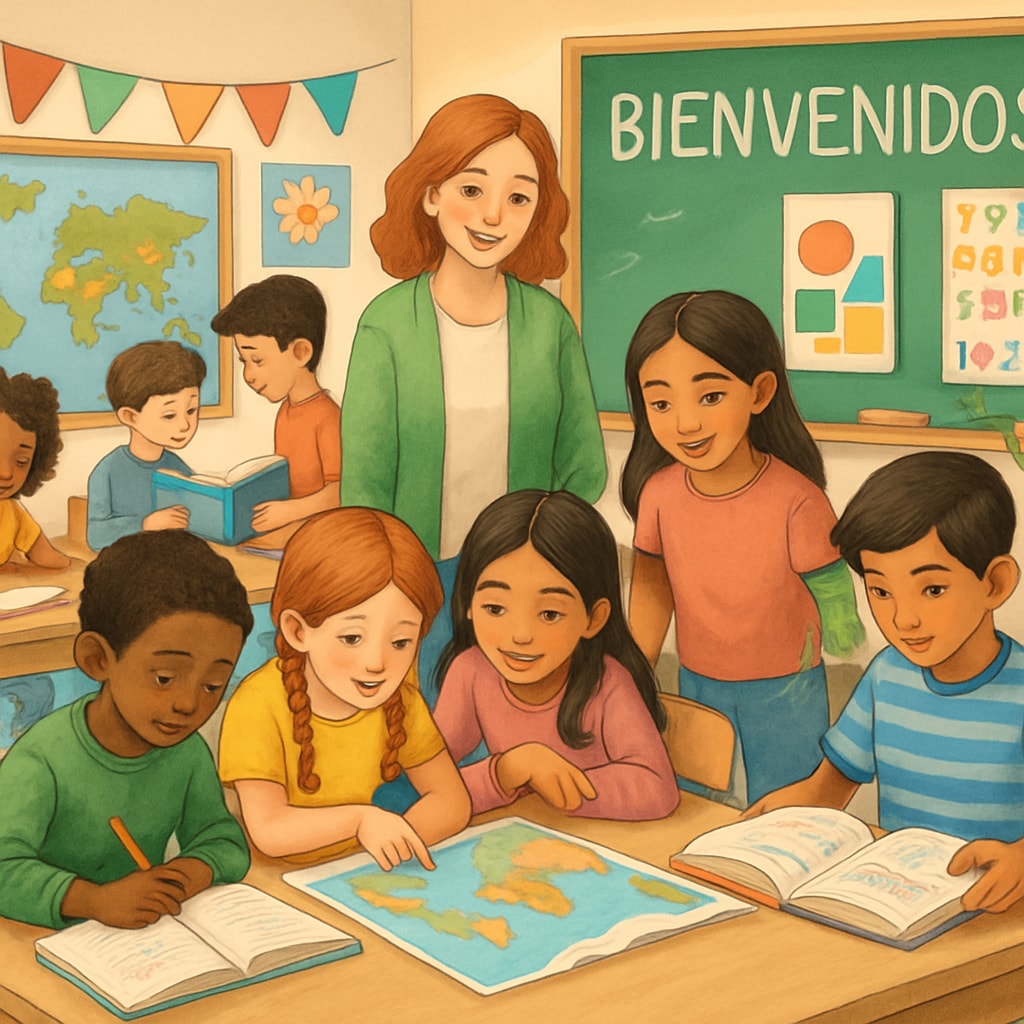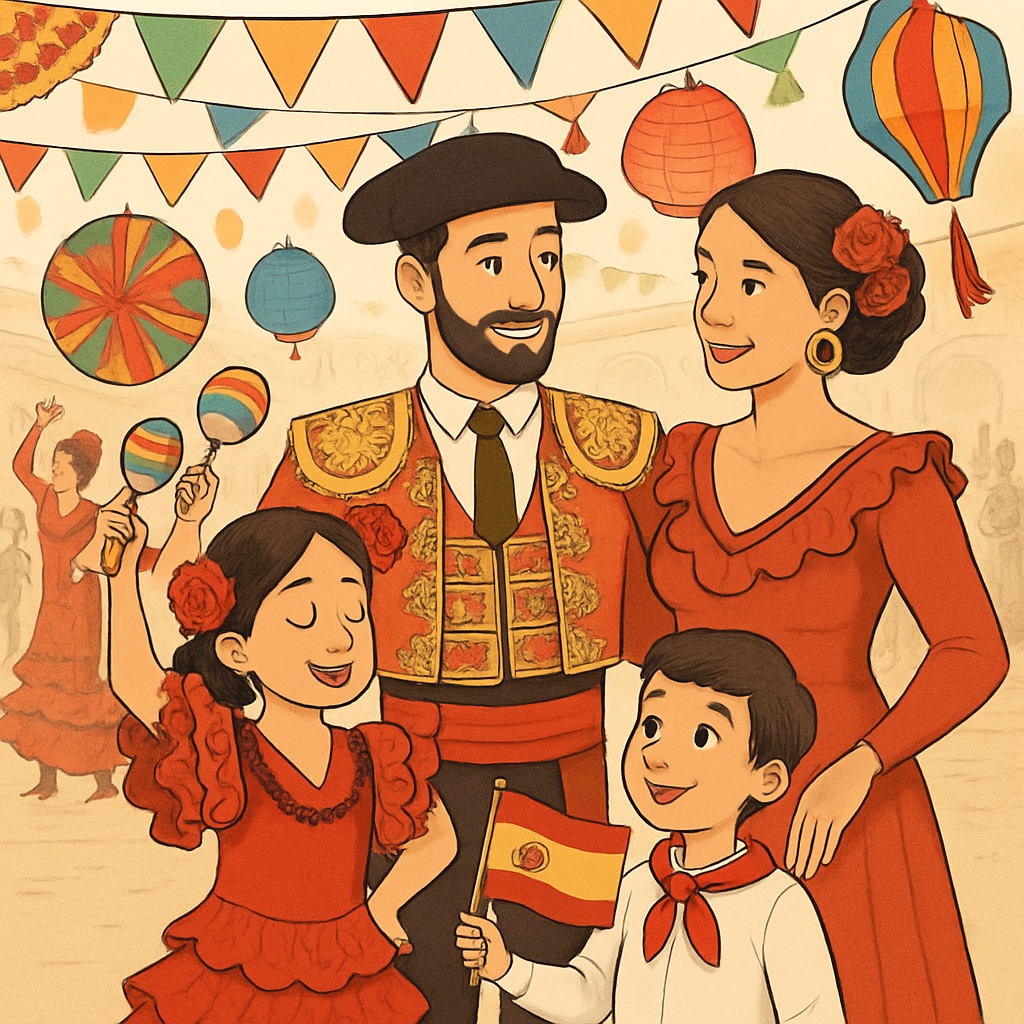Studying in Spain for a master’s degree is a transformative journey, not just for students but also for families considering relocating to provide their children with access to high-quality international education. Spain’s well-structured K12 education system, combined with its rich cultural heritage, offers a unique opportunity for families to immerse themselves in a multicultural environment. However, navigating this transition requires careful planning, especially when it comes to cultural adaptation and understanding the educational framework.
An Overview of Spain’s K12 Education System
Spain’s K12 education system is divided into several stages: Educación Infantil (preschool), Educación Primaria (primary education), Educación Secundaria Obligatoria (compulsory secondary education), and Bachillerato (pre-university education). This structure ensures a comprehensive foundation for children, emphasizing both academic achievement and holistic development. Public schools, semi-private schools (concertados), and private institutions provide families with a range of options to suit their preferences and budgets.
One of the highlights of Spain’s education system is its strong focus on language learning. Many schools offer bilingual or trilingual programs, incorporating Spanish, English, and regional languages like Catalan or Basque. For international families, this multilingual approach can be highly beneficial, as it helps children develop language skills while fostering cultural adaptability.

Opportunities and Challenges for International Students
For families moving to Spain, the education system presents both opportunities and challenges. On the one hand, the emphasis on inclusivity and cultural diversity in Spanish schools makes it easier for international students to integrate. Teachers are often trained to support students from various backgrounds, and schools typically offer resources like language support classes to help non-native speakers adjust.
On the other hand, cultural and linguistic adaptation can be a hurdle, especially for students who are new to Spanish or the regional language of their chosen area. Families may need to invest extra time and effort in helping their children adapt to new social norms, teaching styles, and peer interactions. However, with a proactive approach, these challenges can be turned into valuable learning experiences.
The Role of Cultural Adaptation in Family Success
When pursuing a master’s degree in Spain, cultural adaptation plays a pivotal role in ensuring a smooth transition for both students and their families. Spain’s rich traditions, vibrant festivals, and community-oriented lifestyle offer a unique cultural immersion experience, but they can also pose adjustment challenges for newcomers.
To facilitate adaptation, it is essential to engage with local communities, participate in cultural events, and embrace the Spanish way of life. For example, attending events like Las Fallas in Valencia or Feria de Abril in Seville can help families connect with local traditions. Additionally, understanding cultural norms, such as the emphasis on family meals and the relaxed pace of life, can enhance the overall experience of living in Spain.

Practical Tips for Families Considering International Education
- Research Schools: Explore different types of schools (public, semi-private, private) and their curricula to find the best fit for your child’s needs.
- Language Preparation: Enroll your child in language classes before moving to Spain to ease the transition into a Spanish-speaking environment.
- Cultural Orientation: Familiarize your family with Spanish customs, holidays, and social norms to reduce cultural shock.
- Engage with Local Communities: Join parent-teacher associations or community groups to build a support network and gain valuable insights.
- Leverage Resources: Utilize resources like the Spanish Ministry of Education’s website (Ministry of Education) for information on enrollment and educational policies.
Conclusion: A Gateway to Global Perspectives
Studying in Spain for a master’s degree offers more than academic advancement—it provides an opportunity for families to embrace a global perspective through cultural adaptation and education. By understanding Spain’s K12 education system and leveraging available resources, families can ensure a rewarding experience for both parents and children. While challenges like language barriers and cultural differences may arise, they also offer a chance to grow, learn, and thrive in a dynamic international environment.
Ultimately, the decision to study and settle in Spain can be a life-changing journey, opening doors to personal and professional growth while fostering a deep appreciation for cultural diversity.
Readability guidance: Short, structured paragraphs and lists summarize key points; active voice is prioritized, with limited use of passive constructions. Transition words (in addition, for example, as a result) ensure smooth flow throughout the article.


